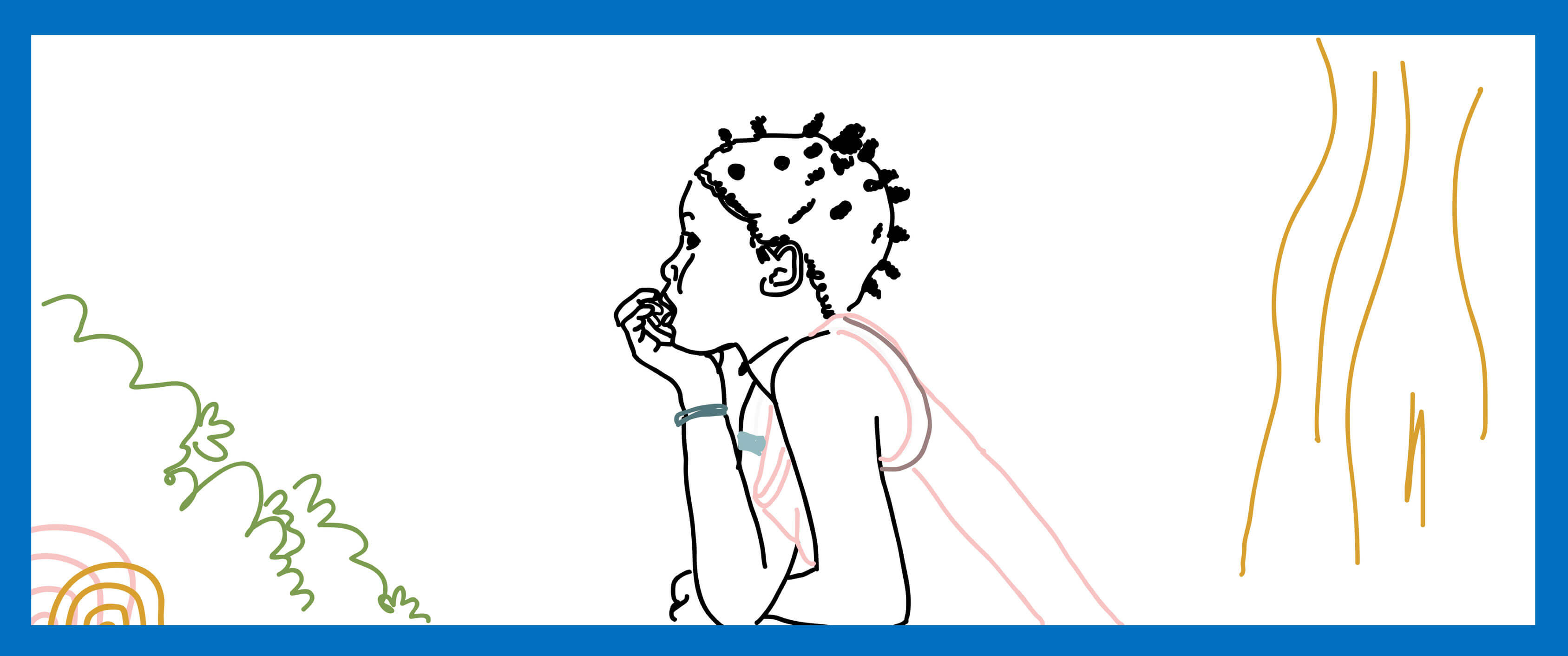Progetti

Dream
Africa
The fight against HIV-AIDS with DREAM in Mozambique and in the Central African Republic
DREAM, the acronym of Disease Relief through Excellent and Advanced Means, is a programme for the treatment of AIDS and related diseases in Africa, based on a global approach, which was set up in Mozambique in February 2002 by the Community of Sant’Egidio.
Today the programme is present in 11 African countries: Mozambique, Malawi, Tanzania, Kenya, the Republic of Guinea, Guinea Bissau, Nigeria, Angola, the Democratic Republic of Congo, Cameroon, the Central African Republic.
DREAM’s effectiveness comes from training local health workers, free access to antiretroviral therapy and achieving excellence in treatment and diagnostics.
FIGHTING TOGETHER WITH THE FAI:
The FAI therefore decided to support the DREAM programme to fight AIDS first in Mozambique because it believed that even if this would only consist in financial support, it would actually be part of a much broader process of development. In fact the excellence of the Programme is that together with the treatment there is a constructive dialogue with the local healthcare services on the need to carry out measures aimed at eradicating the disease, by adopting treatment protocols and training public medical staff.
One important result achieved in Mozambique was the signing of an agreement with the Ministry of Health on 14th July 2011, through which DREAM would support the public health centres and hospitals in all the provinces in the country.
Furthermore, according to the agreement, the triple therapy is administered in order to prevent new infections and stop transmission of the virus from a seropositive mother to her child, and this approach is acknowledged as valid by the WHO.
For three years, starting from 2017, the FAI is committed to supporting the DREAM Foundation in a new challenge, which is to introduce the “DREAM model” to the Central African Republic. This involves increasing the services offered by the Bangui healthcare centre, which is run by the “Amici del Centrafrica” association, by setting up a DREAM centre, specialized in treating AIDS and related diseases; a laboratory for monitoring the patients in therapy and by ensuring a telemedicine service.
The key elements of DREAM’s approach are:
• high standard care associated with high standard laboratory diagnostics;
• free of charge services in order to maximize access to care;
• the centrality of the person;
• food support;
• computerization in order to minimize errors, improve the process of accepting new patients and obtain faster and easier identification of the patients who miss their appointments.
The DREAM programme has treated and taken care of 350,000 people up to today.
DREAM has assisted over 70,000 children, which is the largest group of paediatric patients treated in Africa. The laboratories analyse over 50,000 samples a year, for a total of HIV tests and 800,000 Viral Load tests.
The computer software is particularly important for all the activities.
Up to today about 10,000 Africans (doctors, nurses, biologists, laboratory technicians, centre coordinators, computer technicians) have taken part in the pan-African 150 training courses that DREAM organized.
According to the FAI, extending the DREAM programme is important in Africa since there is still a high prevalence of HIV; by treating the middle bracket of the population it is possible to limit public spending and at the same time trigger development and productivity.